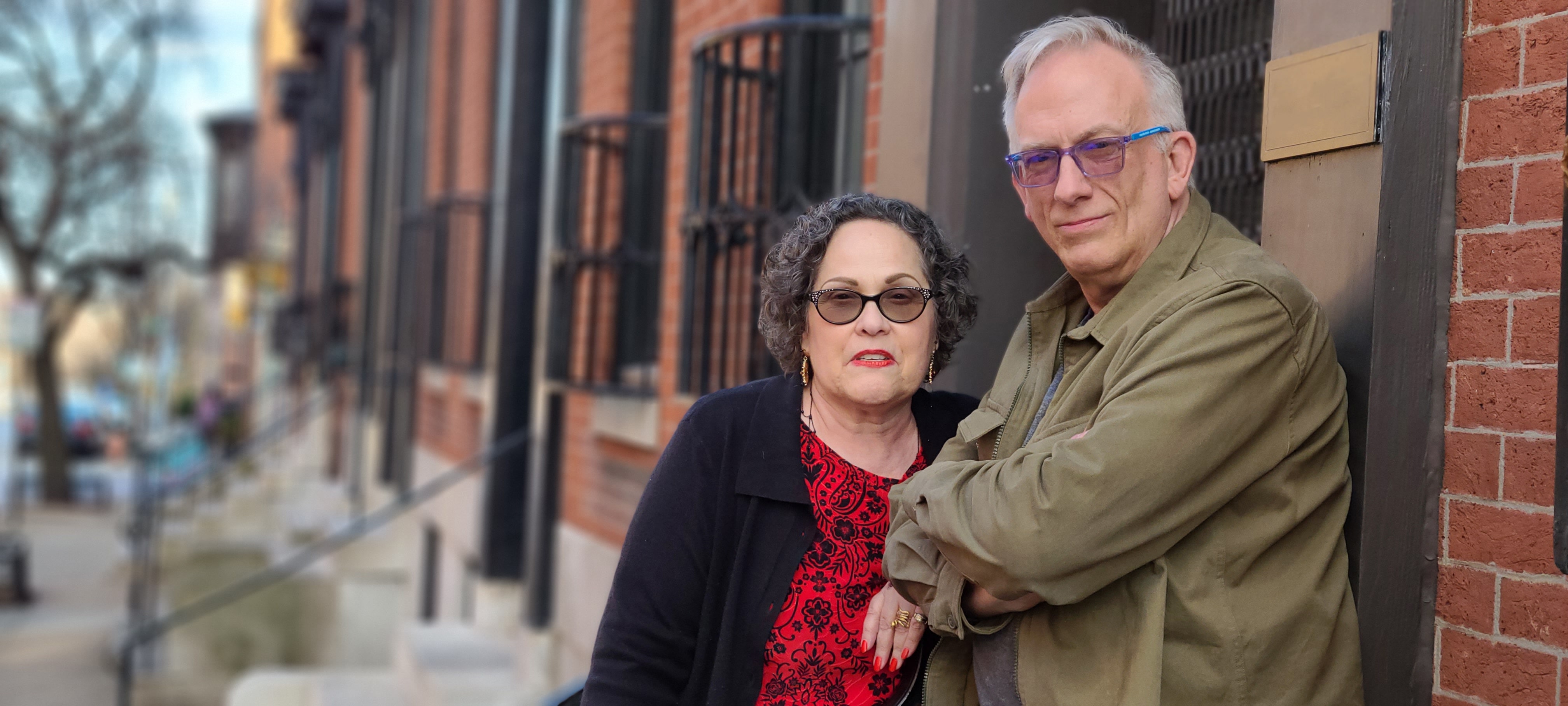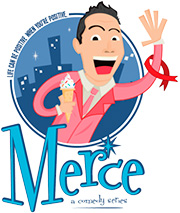People living with HIV in Maryland have lost insurance coverage and gone without medication following a December ransomware attack against the state health department that hobbled the Maryland AIDS Drug Assistance Program (MADAP). The health department, meanwhile, has provided few updates on work to repair MADAP and has declined a meeting with concerned community members who are anxious about the life-sustaining program and the thousands of people living with HIV for whom it covers health insurance premiums.
“I am a MADAP client and have been an advocate for the program for years,” said Baltimore HIV advocate Doug Rose, “and I began getting calls from case managers and providers wanting to know what’s going on.” Callers were confused over the status of the crippled infrastructure of MADAP and if, or when, their clients might lose insurance coverage. “My main concern was for my fellow clients living with HIV,” Rose said, “and making sure they get what they need.”
The health department was almost completely unresponsive to Rose’s initial phone calls, providing him with no information about the status of MADAP other than to refer him to their website for updates.
AIDS Action Baltimore executive director Lynda Dee, who was involved in the initial organization and funding of MADAP, acknowledges that the cyber attack isn’t the fault of the health department, but believes their lack of community engagement since the attack is unacceptable.
“MADAP is one of the best AIDS drug assistance programs in the country,” Dee said, “and now, we have people who can’t get their meds and who don’t know about their insurance premiums. I do hear there is some progress (in repairing the program), but we want to know when people are going to be taken care of.”
Dee places much of the blame at the feet of Republican Gov. Larry Hogan, with whom she and other advocates have had a frustrating relationship. “This is Hogan’s health department, and they do not want to talk to you or respond, until you start copying everybody in the State.”
Rose, who is living with HIV and a longtime Baltimore HIV advocate, organized a community sign-on letter to the state health department asking for a meeting to hear what steps were being taken to resolve the MADAP issue. After a delayed response due to an office move, Maryland public health official Peter DeMartino, PhD, finally responded to decline the community request for a public meeting. DeMartino referred the community leaders to “the Maryland HIV Planning Group (HPG) and the many community meetings sponsored by other entities…” and to check the Maryland health department website for updates.
“I’ve been dealing with the state health department for 35 years,” Dee said, “and nobody has ever said, ‘We’re not having a meeting with you, check on the website.’ I mean, really? This is Maryland,” she added, referring to the liberal-leaning politics of the state. “This isn’t Alabama. When the community calls you with an issue about life-saving drugs and insurance premiums, you need to call us back and talk to us about it.”
MADAP serves nearly 6,000 people who rely upon assistance with their health insurance premiums to continue their HIV treatment. It is unknown how many of them may be late with payments or have lost their insurance entirely, and many of them lack the resources to monitor the health department website and may not even be aware their insurance is lapsing.
“Who knows? They might be doing some good work behind the scenes,” Lynda Dee offered. “We just need to know. Their lack of transparency makes you think that either they don’t care about us, or there’s a big nightmare going on that they don’t want to talk about.”
Peter DeMartino, PhD, of the Maryland health department answered a phone call but then said he would not answer any questions about the MADAP crisis, referring inquiries to Andy Owens in the communications department. In turn, Owens responded via email by declining an interview with DeMartino or any other health department official.
From Owens’ response:
Maryland AIDS Drug Assistance Program (MADAP) staff have repeatedly made themselves available to all members of the community wishing to engage in constructive dialogue. In fact, since December 2021, MADAP staff have either hosted or participated in 29 public forums to answer stakeholders’ questions about the program’s current status and offer assistance to its participants.
In addition, on February 18, MADAP posted on its website guidance and an extensive resource list to help with medication access gaps for individuals who may need assistance as a result of the ransomware attack on MDH’s information technology network. This update followed MDH network security updates MADAP provided on December 28, 2021 and February 7, 2022.
What constitutes “constructive dialogue” in the minds of Maryland health officials remains unclear, given they denied the community request for a public forum devoted to this issue. The “29 public forums to answer stakeholder questions” presumably refers to Ryan White Planning Council and other civic events in which public statements can be made in brief increments, which is not what community members concerned about MADAP have in mind.
Advocate Doug Rose remains alarmed at the consequences of the cyber attack. “Case managers are trying to process all new paperwork for clients who were dropped from MADAP due to the attack,” he said. “Then it takes weeks to have that approved. There is a real risk to people of missing medications and then developing resistance to their class of medications.”
“If you develop resistance to a class of medications, those meds are now off the table for you,” Rose warned. “And while there are many medications available today to treat HIV, the choices are not unlimited.”
Mark








